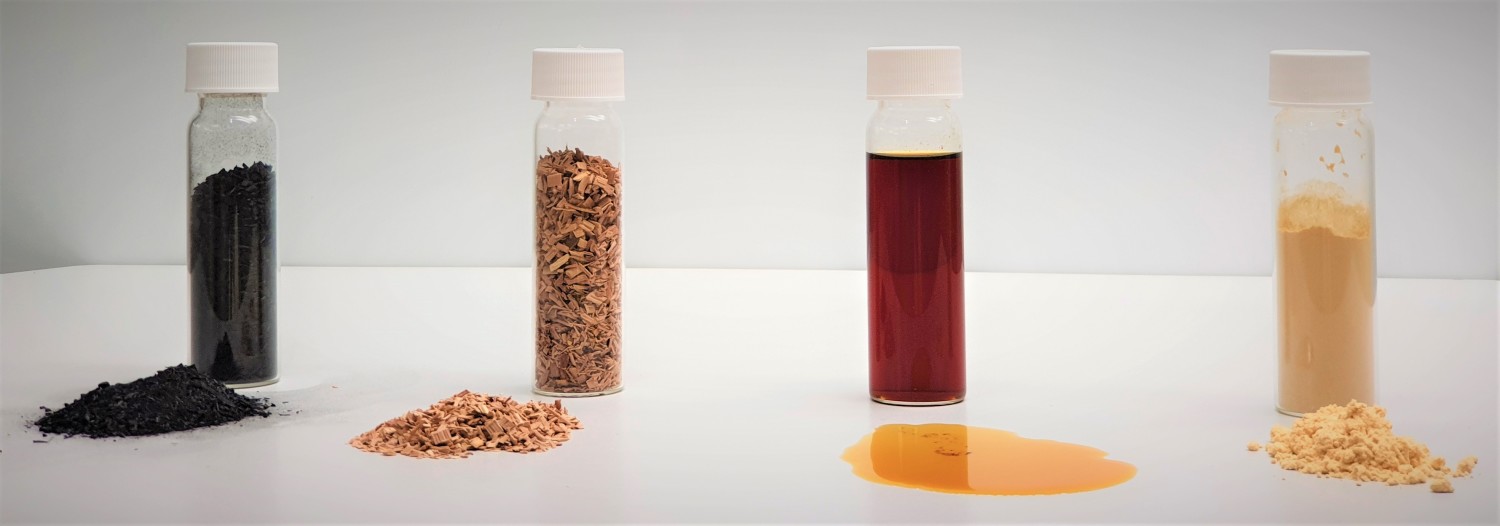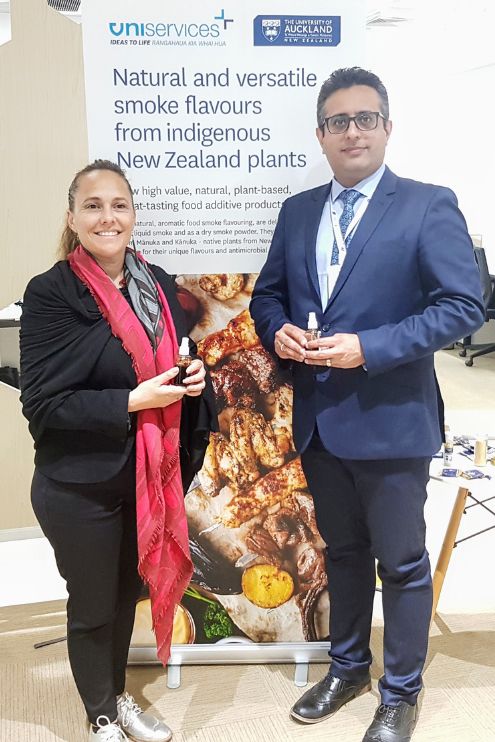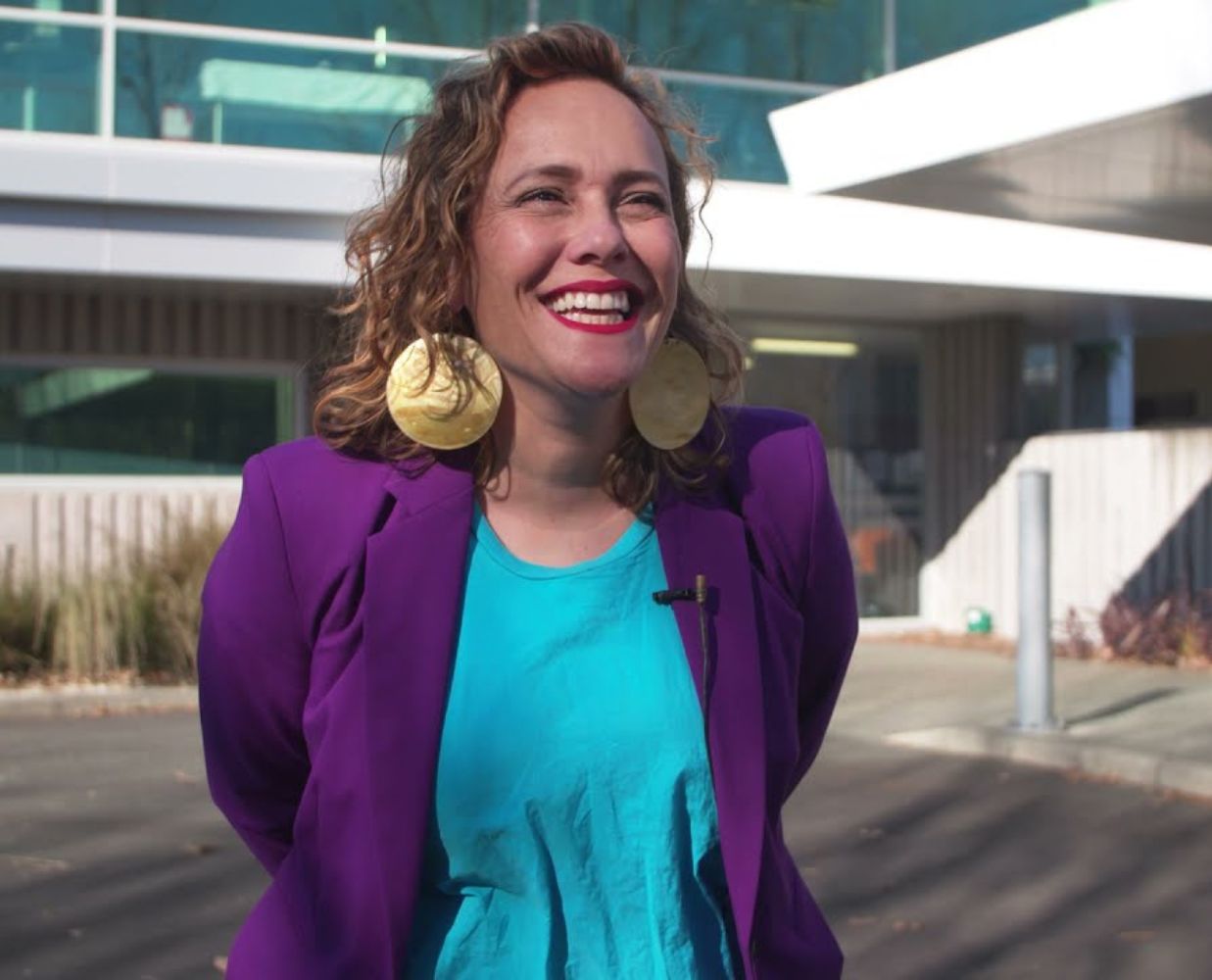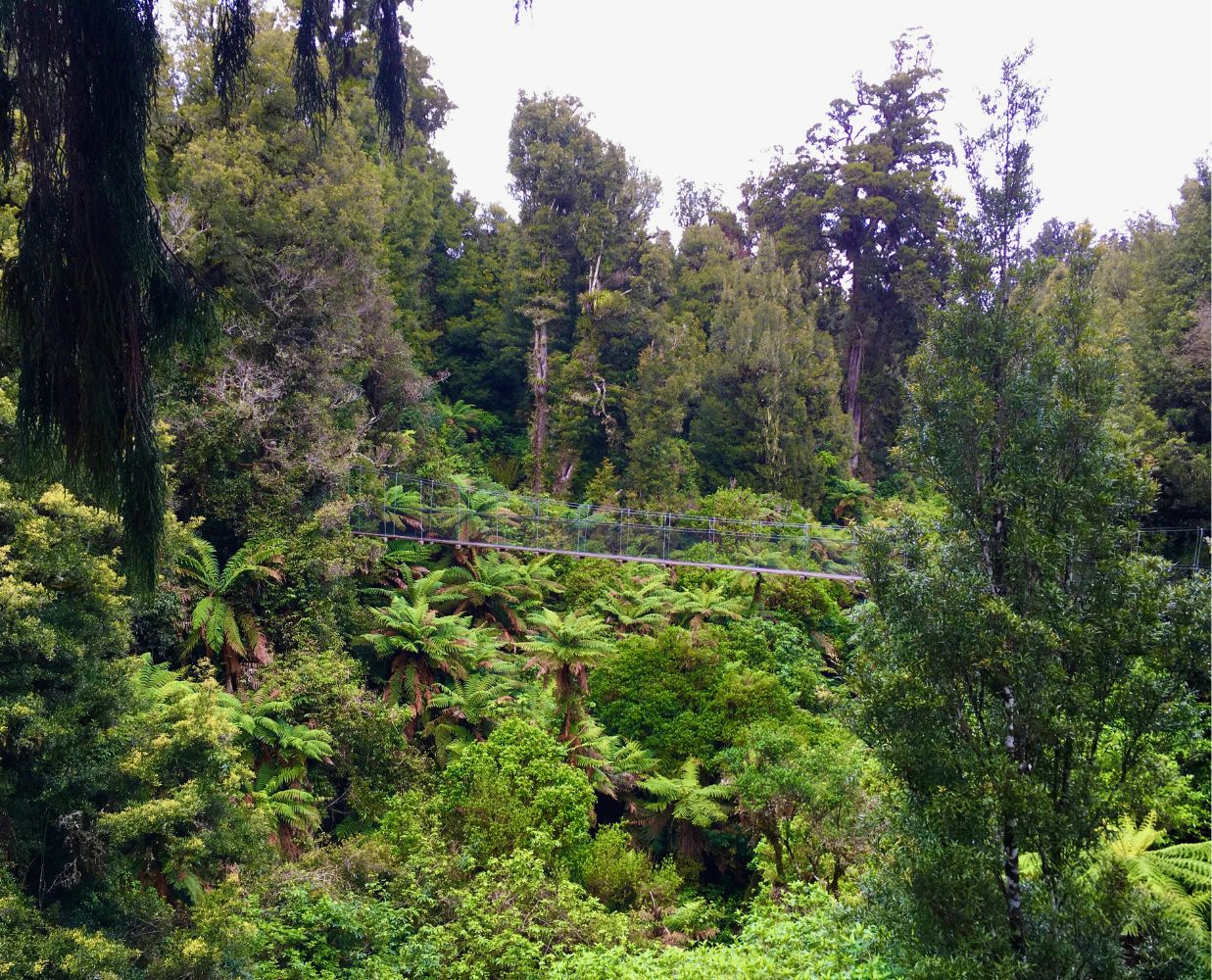Early in the project, Dell brought a group of Māori landowners to the University, showed them around and held extensive hui. Later, a group of University and UniServices staff went to Ruatoria, where they stayed at the local marae and met with community members.
“Building engagement was a step-by-step process,” says Baroutian. “We needed that time to understand each other, especially for me to learn the culture and to build relationships.”
Baroutian led the science, conducting laboratory characterisation to understand the health benefits and unique properties of kānuka as well as listening to locals to understand the mātauranga Māori involved.
As a result, they developed two healthy, sustainable food products:
- Liquid smoke made from burning kānuka wood chips in the absence of oxygen, which unlike most smoke products makes it free of toxic and carcinogenic compounds
- ‘Kānuka juice’, envisioned as an ingredient in the nutraceutical industry, extracted from leaves using subcritical water, which is super-hot water kept under pressure and that unlike most solvents doesn’t contain any toxic compounds.




